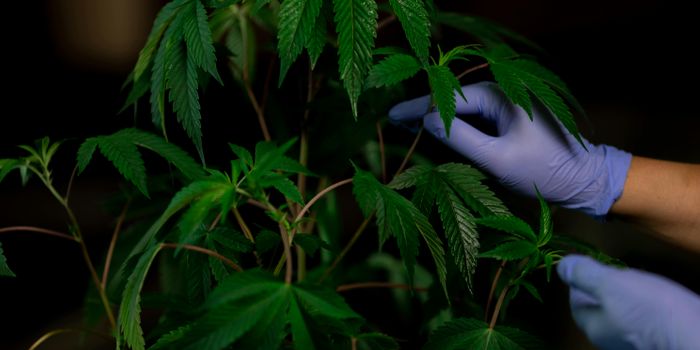Cannabinoids for Dementia
One area of interest in the last year, as medical cannabis moves into the mainstream, is the use of cannabinoids for the treatment of dementia. To be clear, many of the scientists or providers looking to cannabis or cannabinoid products are really looking at treating the symptoms associated with dementia, rather than the cause of dementia itself. According to the literature, around half of patients with dementia experience behavioral and psychological symptoms (BPSD) which are distressing for everyone involved including the patient, caregivers, and family. While it is widely accepted to use anti-psychotics for these patients, many patients do not show significant improvement and suffer grave side effects as a result of that group of pharmaceuticals used.
There are many scientists itching to explore the use of cannabinoids for the treatment of dementia because of their connection to our own endocannabinoid system (ECS), which maintains many physiological balances within our bodies. There have been multiple neurological benefits connected to and documented as being a result of cannabinoid presence in the body. One of the critical roles of the ECS is regulation of message transmission via our cellular synapses. The ECS has multiple components: already somewhat understood endocannabinoids including 2-arachidonoyl glycerol (2-AG) and anandamide, cannabinoid receptors (CB1 and CB2), and enzymes involved in the regulation and metabolism of endocannabinoids.
Phytocannabinoids, like tetrahydrocannabinol (THC) and cannabidiol (CBD), affect the ECS through use or agonistic action on the cannabinoid receptors located in the body. It has been suggested that some of these ECS components, CB2 for example, have specific neuroprotection features and that these neuroprotective effects counteract the neurodegenerative process involved in many forms of dementia. Researchers have even documented reduction in CB1 levels within the nervous system of patients with dementia. One group of researchers found changes in expression and distribution of CB1 in Alzheimer’s patients. In fact, THC decreases the amyloid beta-peptide aggregates characteristically found in Alzheimer’s patients. In these data sets, the research points to cannabinoids having a direct effect on the pathogenesis of disease.
In other types of dementia where pathogenesis is less well understood, cannabinoids have been suggested to provide relief from the common BPSD felt by patients and those close to them including depression, anxiety, agitation, aggression, wandering, issues sleeping, and others.
Sources: Neurodegenerative Disease Management, Cochrane Database of Systematic Reviews,









